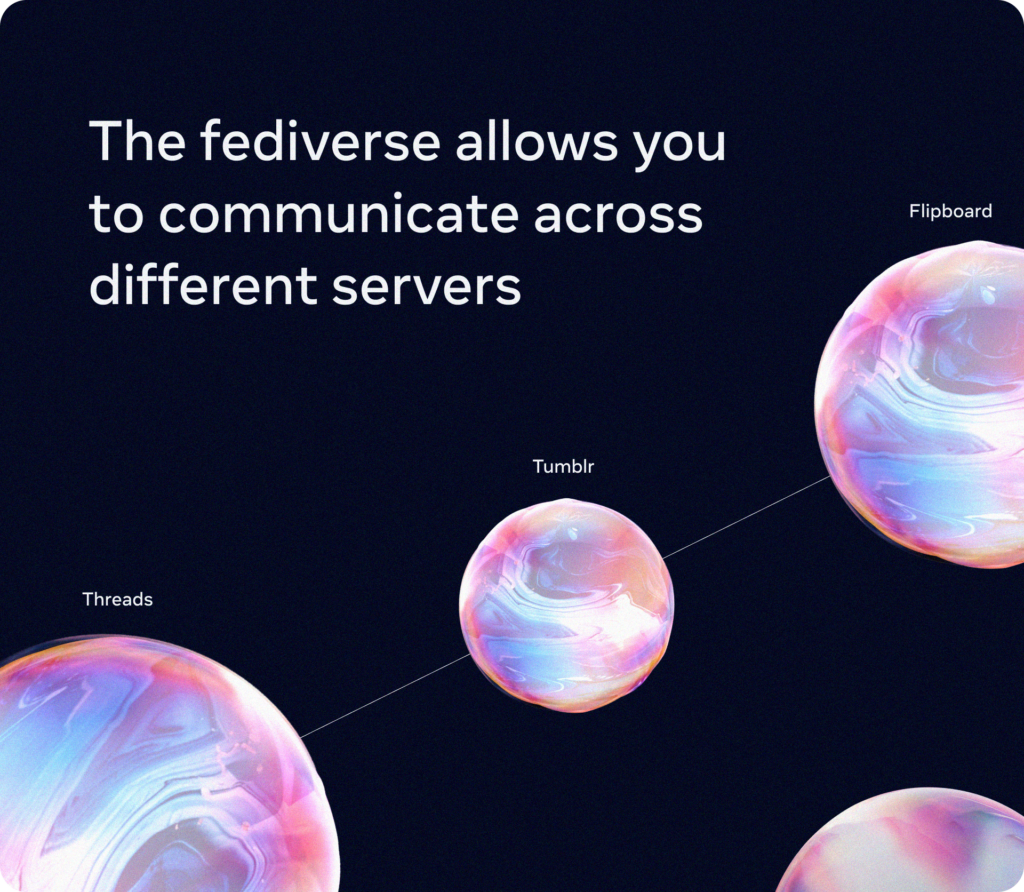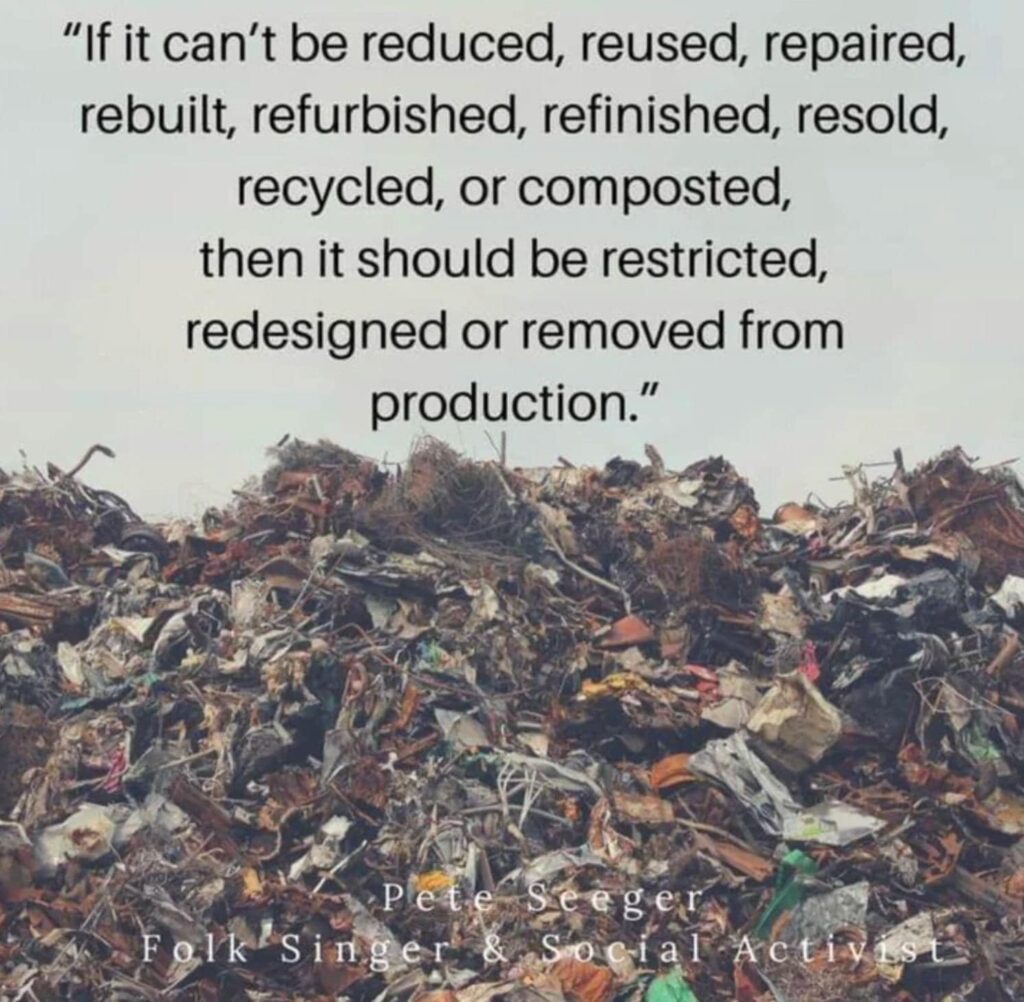As, nobody has posted on #SocialWebFoundation let’s start a thread:
Corporate presence in the Fediverse?
The announcement from the #SocialWebFoundation is a corporate vision rather than something native, grassroots or revolutionary. Describing people as “users” who follow “influencers and brands” is a social mess, the commercialized, top-down paths that clash with the #4opens of collaboration, activism, and mutual aid path we build. On its current path this is a delusional dream from corporate America trying to coopt the #4opens network we built from community, solidarity and radical change. On the #mainstreaming #NGO current path this is not the kind of project to engage with or be a part of building, we do not won’t a space dominated by brands and influencers, it isn’t the future anyone actually wants or needs.
On mainstream paths, there is an unspoken disconnect between “volunteerism”, philanthropy, and “entrepreneurship” in the paths #opensource and decentralized tech people take. In #FOSS when people contribute their time and skills, there’s an assumption that their work is for the public good, but many are actually hoping for recognition or a way to generate financial stability. It’s not a contradiction to expect support for work that holds social value, though when this manifests as “entrepreneurship” we see the #deathcult path, underlining expectation for funding and sustainability. This is a hard path to tread and stay “native” to the #openweb
This ties into the mess with philanthropy and funding. For initiatives to gain traction and financial support, they need a compelling story, but many in the #FOSS and #fediverse communities struggle with this social storytelling part. They underestimate how few people aligned with their “native” vision, and how difficult it is to convey, outreach, the non-mainstream paths to a broader audience and the people who hold the money. The concept of “sustainability” for organizations becomes convoluted, with an overemphasis on replicating “common sense” venture capital models. It’s a mess that philanthropic groups have significant resources but fail in distributing them meaningfully, focusing instead on mimicking pointless tech startup mess. This is very likely a problem with #SocialWebFoundation path, the question is how to medate this, for better outcomes.
This tension between grassroots movements, the expectations of funding, and the structural constraints of both the tech and non-profit paths. An example of this is the #NLnet and #EU tech funding fits ithis conversation of how philanthropy and volunteerism fail to mix due to flawed execution and basic storytelling problems on all sides.
More of my thinking on this Search Results for “funding” – Hamish Campbell It’s hard to find a path to mediate, especially with the growing corporate presence in our #openweb spaces like the Fediverse. Ideas please?
UPDATE: its very #mainstreaming As the open social web grows, a new nonprofit looks to expand the ‘fediverse’ | TechCrunch
Some quotes from my prier work:
“Power only understands power, so, we might need something that looks like “power” without all the power politics that involves… this is bluesky thinking to this end. If #activertypub is taken up by the #dotcons this WILL BE IMPOSED ON US anyway.”
“its trying to think outside this traditional path, so we think BEFORE we inevitably go down it this kinda crap path.”
“As I said here in the end this will be IMPOSED as a governance model dressed in “community clothes” if we do not build something else with dancing elephants and paper planes.”
“Our current working models of “governance” in open-source projects are Monarchy (the dictator for life), Aristocracy (the devs), oligarchy (the NGO, funders) and finally way out on the edge Democracy (the users).” This above is a move from current feudalism to NGO, the funders.
“…all the existing power structures BEFORE Democracy. As we are “permissionless” we can’t stop them from doing this. We just have to do better, and being native to the fedivers is a big help here.”
“Power… in the Fediverse path comes from different places than a corporation, a government, courts, police etc. we need to think and build with this difference and NOT try and drag the Fediverse back to the normal path. REMEMBER, the Fediverse works BECAUSE it’s different. It’s easy to forget this important thing when #mainstreaming agender, grab and hold.”
#OGB “It’s the correct word Governance – Wikipedia “Governance is the way rules, norms and actions are structured, sustained, regulated and held accountable”
“Yep, the liberal foundation model will be forced onto us if the Fediverse is taken up buy large Burocratic orgs like the #EU and yes there will be a fig leaf of “democracy” placed over the self-selecting oligarchy that will be put into place by “power politics” that this path embeds. Yes this path is the default outcome.”
Likely more…
Peoples views:
https://hamishcampbell.com/corporate-presence-in-the-fediverse/





